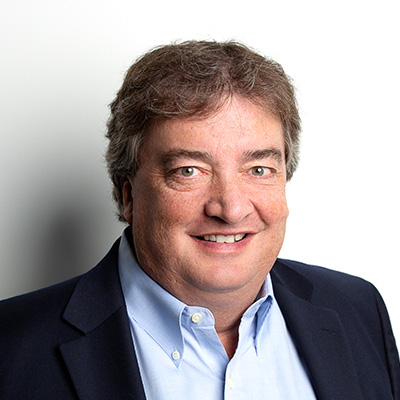Principal Asset Management
With public and private market capabilities across all asset classes, Principal Asset ManagementSM and its specialist investment teams are focused on harnessing the potential of every opportunity to secure an advantage for its clients.
The 28th largest manager of worldwide institutional assets under management of 411 managers profile, Principal Asset Management applies local insights with global perspectives to identify compelling investment opportunities and deliver distinctive solutions aligned with client objectives.1
Principal Asset Management is the global investment management business for Principal Financial Group® (Nasdaq: PFG), managing $559.1 billion in assets and recognized as one of the “Best Places to Work in Money Management” for 13 consecutive years.2,3
Learn more at PrincipalAM.com
1 Managers ranked by total worldwide institutional assets as of December 31, 2023. Pensions & Investments, “Largest Money Managers,” June 2024.
2 Principal Asset Management AUM as of December 31, 2024.
3 Pensions & Investments, “The Best Places to Work in Money Management” among companies with 1,000 or more employees, December 2024.
Thomas Metzler
Managing Director, Institutional Sales
metzler.thomas@principal.com
+1.510.427.6490
711 High Street
Des Moines, Iowa 50392






